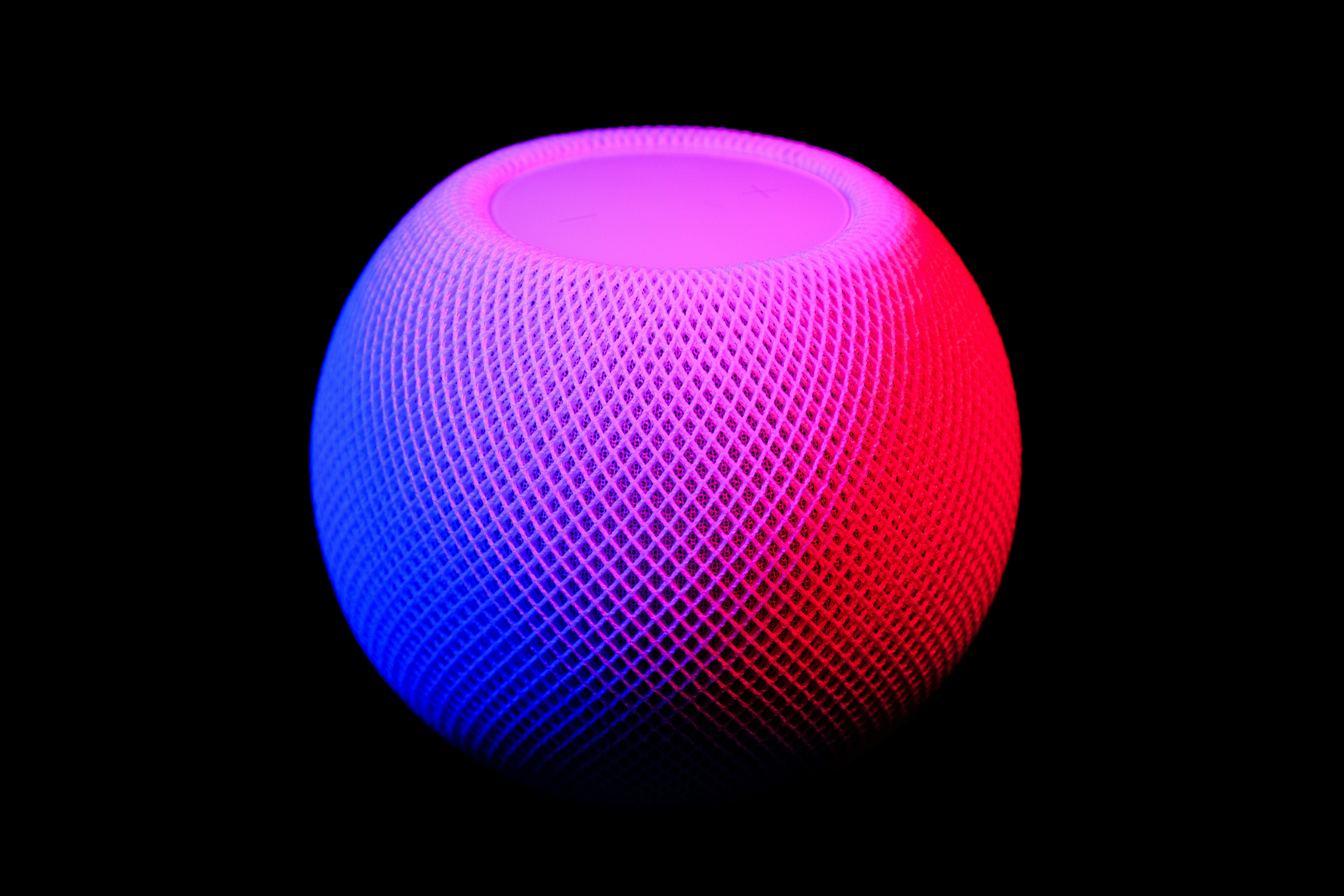
The smart home market has never been more exciting — or more confusing. With dozens of brands releasing connected lights, doorbells, cameras, and sensors every year, the platform you choose to control them with can make or break your experience. For most people, the decision comes down to three major players: Apple HomeKit, Amazon Alexa, and Google Home (Google Assistant).
While each platform promises convenience and automation, they differ greatly in compatibility, privacy, and integration with the devices you already own. In this guide, we’ll explore these differences in depth to help you choose the ecosystem that fits your lifestyle — now and in the future.
Understanding the Three Ecosystems
Apple HomeKit
Apple’s HomeKit platform is designed for iPhone, iPad, and Mac users who want a seamless experience across Apple devices. It uses the Apple Home app and Siri for voice control, offering a clean interface and a strong emphasis on privacy. Many HomeKit-compatible devices, such as Eve Energy smart plugs and Nanoleaf lighting panels, are built with premium materials and features that complement Apple’s design ethos.
Amazon Alexa
Amazon’s Alexa ecosystem is the most widely adopted in terms of sheer device compatibility. From budget smart plugs to advanced home security systems, Alexa’s “Skills” system allows integration with thousands of third-party services. Alexa devices, such as the Echo Dot and Echo Show, are affordable and serve as a gateway into the broader Amazon ecosystem, including music streaming, shopping, and Fire TV integration.
Google Home (Google Assistant)
Google Home — powered by Google Assistant — offers natural voice interactions and deep integration with Google services like YouTube, Gmail, and Nest products. If you already rely heavily on Google’s ecosystem, from Android smartphones to Nest thermostats, Google Home feels like a natural extension of your digital life.
Compatibility: How Many Devices Can You Connect?
One of the biggest factors in choosing a platform is how many devices it supports. Alexa currently leads in compatibility, supporting thousands of devices across categories like lights, doorbells, and cameras. Google Home comes close, especially with products in the Nest family.
HomeKit historically had a smaller ecosystem, but that gap is closing fast with the introduction of Matter, a new smart home standard that makes devices cross-compatible between platforms. Brands like Aqara and Eve are embracing Matter, meaning more products work seamlessly with HomeKit than ever before.
Privacy and Security: A Clear Advantage for Apple
Privacy is where HomeKit shines. Apple uses end-to-end encryption for data and offers features like HomeKit Secure Video, which processes footage locally rather than in the cloud. If you’re concerned about who can access your home’s data, this approach is unmatched.
Amazon and Google, on the other hand, use voice and usage data to improve their services and, in some cases, for targeted advertising. Both companies allow you to review and delete stored data, but their business models rely on data collection in a way Apple’s does not.
User Experience and Voice Control
Voice assistants are at the heart of each platform:
- Siri (HomeKit) handles straightforward commands and integrates tightly with iOS features like Shortcuts and Apple Watch.
- Alexa excels in versatility, with the ability to control everything from music playlists to shopping lists and even games.
- Google Assistant leads in natural conversation and contextual follow-ups, making it feel more “human” than the competition.
If you prioritize natural conversation, Google is unmatched. If you want breadth of integrations, Alexa wins. For Apple users who want everything to “just work,” Siri is the natural choice.
Automation and Ecosystem Fit
Automations — like turning on lights at sunset or locking doors when you leave — are essential to a true smart home experience. All three platforms offer automation features, but their depth varies:
- HomeKit’s Home app allows powerful automations triggered by location, time, or sensor data.
- Alexa routines can integrate with Amazon services and are highly customizable.
- Google Home automations work well within the Nest ecosystem but can be limited with third-party devices.
Your existing devices should heavily influence your choice. iPhone users will appreciate HomeKit’s seamless integration, while Android users may gravitate toward Google Home. Alexa is platform-agnostic and often the easiest to set up for mixed households.
The Future: Matter and Thread
The launch of Matter — a new universal smart home standard — is changing the game. Matter allows devices to work across HomeKit, Alexa, and Google Home without separate versions. Combined with Thread (a low-power wireless protocol), this means the days of platform lock-in may soon be over.
For now, though, ecosystems still matter — especially when choosing your first smart speakers, hubs, or cameras.
Which Platform Should You Choose?
- Choose HomeKit if privacy and security are top priorities and you’re fully invested in Apple devices.
- Choose Alexa if you want the widest range of supported devices and affordable entry points.
- Choose Google Home if you rely heavily on Google services and want the smartest voice assistant.
There’s no universal winner — the best platform depends on your priorities. The good news? Thanks to Matter, your choice today won’t lock you out of other ecosystems tomorrow.
Related Reading
- What Is Apple HomeKit? A Beginner’s Guide to Smart Homes
- Best HomeKit Devices for 2025
- HomeKit Secure Video Explained
Sources
Browse product types
Find the perfect HomeKit-compatible products for your needs. Explore our curated categories
Air Conditioners and Heaters
Air Purifiers
AirPlay-Enabled Receivers
AirPlay-Enabled Speakers
AirPlay-Enabled TVs and Video Accessories
Bridges
Cameras
Doorbells
Fans
Garage Door Openers
Humidifiers
Lights
Locks
Power Points
Routers
Sensors
Sprinklers
Switches
Taps
Thermostats
Windows and Coverings
Browse brands
Explore HomeKit-compatible devices from top brands, all designed to work seamlessly with your Apple ecosystem.